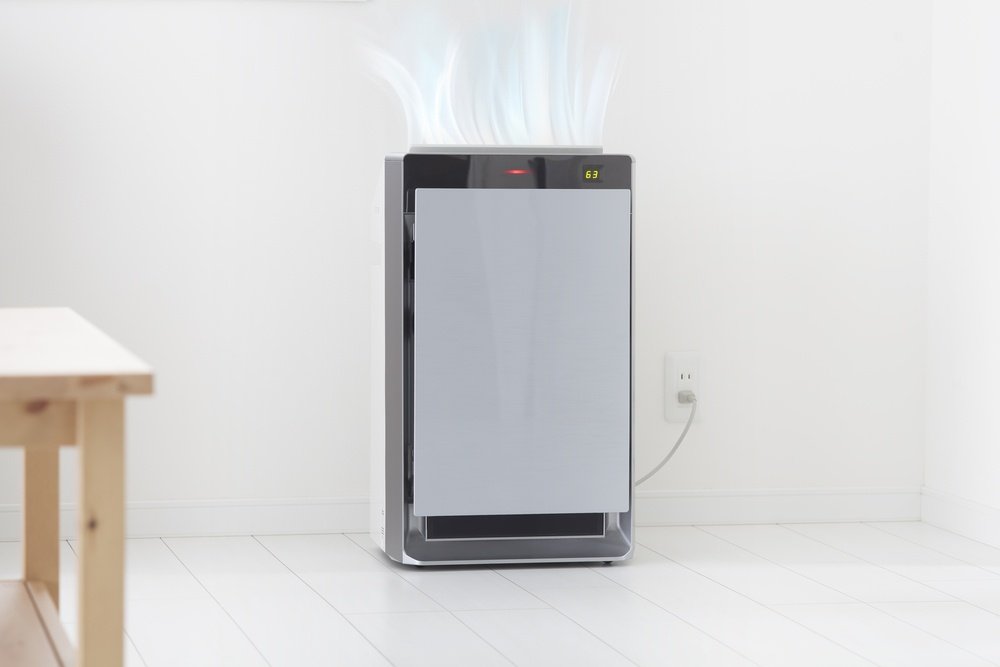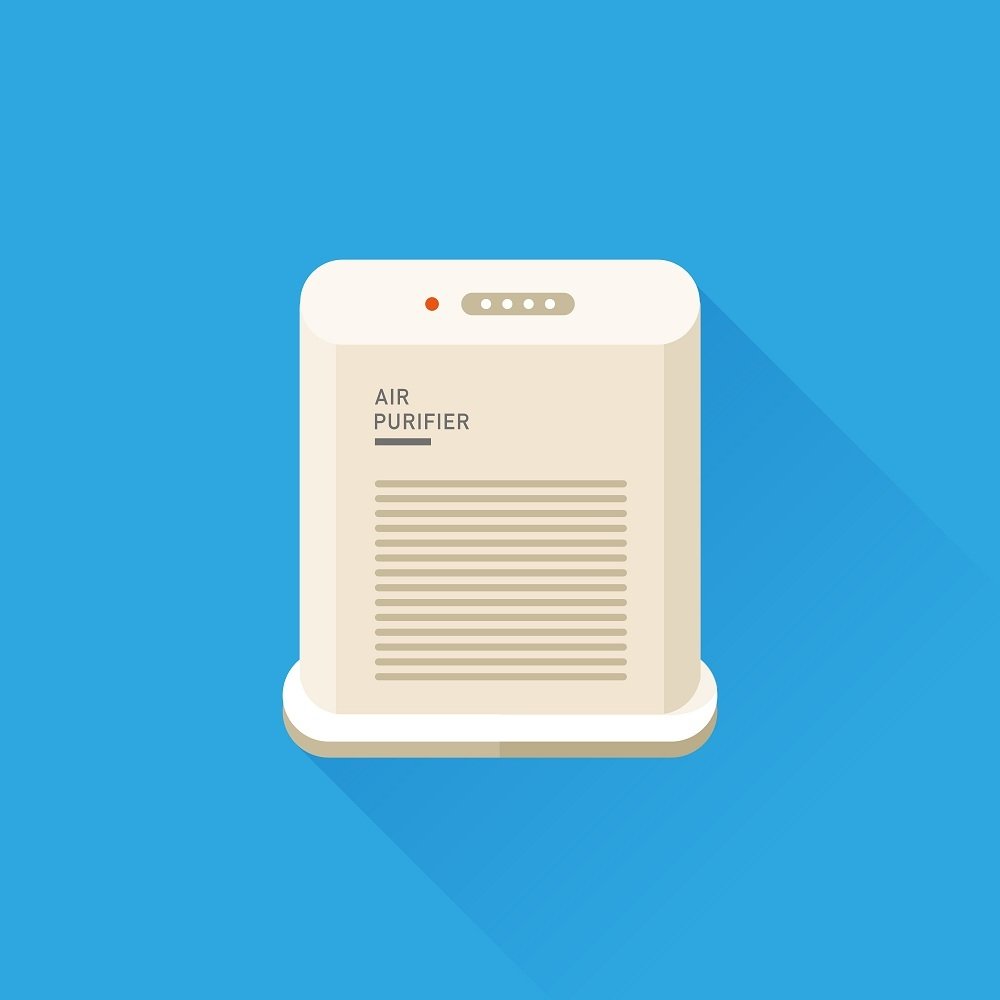A Guide to Buying an Energy Efficient Air Purifier

Air purification is a vital part of keeping your building sanitary and comfortable for all residents. If someone in your household suffers from asthma or allergies, air purifiers are especially important. However, they can also become costly over time, and not all air purifiers are good for the environment.
Are you wondering how to buy an energy efficient air purifier? Don’t worry; we’re here to help. Our guide to buying an energy efficient air purifier will help you learn more about how they work, how to identify them, and which companies make the best options.
How Air Purifiers Work
The air inside your home tends to be less clean than the air outside of it. An air purifier can improve the indoor air quality in your home, making the air you breathe more comfortable and safer for young and old. When it comes to airborne contaminants found in homes, there are generally several culprits:
- Mold, which forms as a byproduct of moisture left unchecked over long periods.
- Dust, which enters the air in a home after being circulated by heating and cooling systems.
- Hair and dander from household pets or vermin.
- Toxins from inhabitants who are regular smokers.
- Pollen and other allergens that come in from open windows.
There are several different kinds of air purifier available, but all of them are designed to catch these contaminants and leave the air in your home cleaner.
Regular Air Purifiers vs Energy Efficient Ones
There are several different varieties of air purifiers, some of which are more efficient than others.
Ozone Generators
Ozone generators produce ozone in an effort to disinfect the air, rather than removing particles from it. However, it should be noted that the efficacy of ozone generators is disputed within the scientific community, and that ozone itself is classified as a toxic gas.
Ionizing Purifiers
Ionizing purifiers use charged plates to draw contaminated particles towards them and out of the air. However, ionizing purifiers may also produce ozone as a byproduct, and they can be extremely expensive up front, costing over $1000.
Air Filters
Some of the most common air purification systems are simple filters used by your HVAC system. Filters can be made from numerous materials, including foam, cotton, and even fibreglass. These materials limit the amount of air your system will be able to circulate, which means that they can cause it to use more energy. Plus, they regularly need to be cleaned or replaced.
HEPA Filters and Electrostatic Filters
One way to circumvent the efficiency challenges of regular air filters is to purchase a HEPA (or High Efficiency Particulate Air) filter instead. HEPA filters use a super-fine glass fibre material to trap over 99.97% of particles as small as 0.3-microns in diameter. HEPA filters are excellent in homes where residents suffer from allergies, but they can also be expensive. Alternately, you can use an electrostatic filter to attract particles using static electricity. These filters are also more expensive than standard air filters, but they can be washed and reused repeatedly to offset their costs.

ENERGY STAR Products and Their Advantages
If you are searching for an energy-efficient air purifier that works, one smart choice is to look for ENERGY STAR certified products. The ENERGY STAR program identified high-efficiency appliances so that consumers can make informed and sustainable choices.
Since a standard air purifier can use more than 550 kWh per year in electricity, ENERGY STAR certified products represent more cost-effective options as well as environmentally friendly ones. They may be up to 40% more efficient than standard machines, providing 225 kWh in annual savings. Blueair, Honeywell, and Iconic Comfort Plus all provide high-end products that are ENERGY STAR certified.
Curious to know how much an energy efficient air purifier could save you? Use an app like Benefyd to audit your current energy usage and see where there’s room for improvement.
Choosing an energy efficient air purifier can do more than just provide your home with cleaner air. It can also help you save money, and allow you to lead a more environmentally responsible life. Refer to this guide as you shop for products, and choose a solution that will suit your lifestyle.


